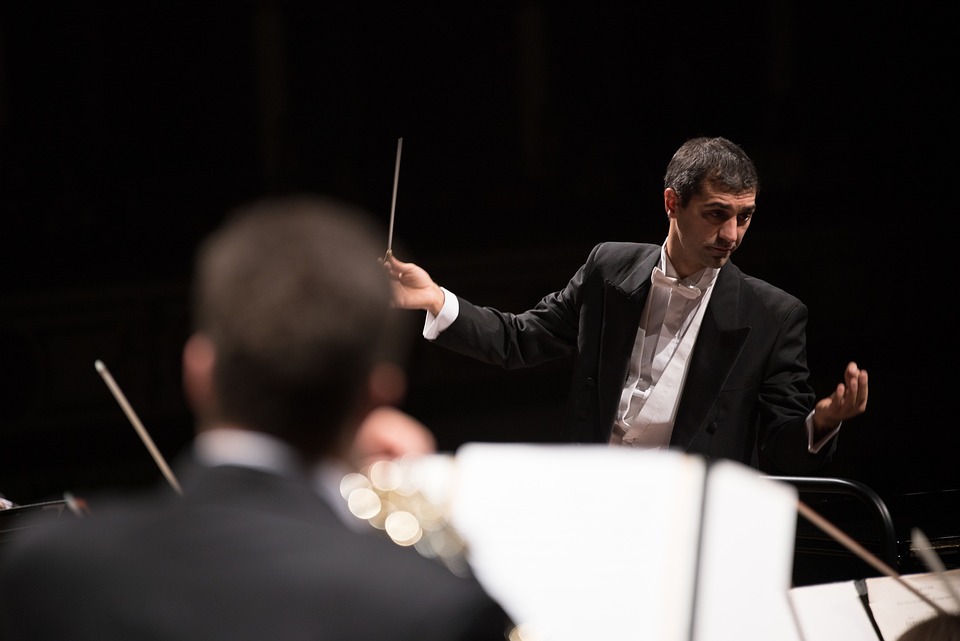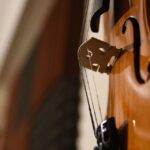Exploring the Rich History of the National Symphony Orchestra
The National Symphony Orchestra (NSO) is not only a national treasure but also a symbol of artistic excellence and cultural heritage. Founded in 1931, the NSO has a long and storied history that has established it as one of the premier orchestras in the world. From its humble beginnings to its current status as the resident orchestra of the John F. Kennedy Center for the Performing Arts, the NSO has played a vital role in bringing classical music to audiences both in Washington D.C. and beyond.
The Early Years
The NSO was established in 1931 as the National Symphony Orchestra of Washington, D.C. under the leadership of Hans Kindler, a renowned cellist and conductor. The orchestra’s inaugural concert took place on January 26, 1931 at the historic Constitution Hall, with a program that included works by Brahms, Beethoven, and Tchaikovsky. From the outset, the NSO set out to bring high-quality classical music to the nation’s capital, and it quickly gained a reputation for its exceptional musicianship and innovative programming.
In its early years, the NSO performed regularly at Constitution Hall and other venues around Washington D.C., building a loyal following of music lovers who appreciated the orchestra’s dedication to artistic excellence. The NSO also began to attract top-tier talent, including renowned guest conductors and soloists, further enhancing its reputation as a world-class orchestra.
Growth and Expansion
Over the years, the NSO continued to grow and evolve, expanding its repertoire and reaching new audiences both in the United States and abroad. In 1971, the orchestra became the resident orchestra of the newly opened John F. Kennedy Center for the Performing Arts, solidifying its position as a cultural institution of national importance.
Under the leadership of conductors like Mstislav Rostropovich and Leonard Slatkin, the NSO continued to push the boundaries of classical music, commissioning new works and collaborating with artists from a wide range of musical genres. The orchestra also embarked on international tours, performing in countries across Europe, Asia, and South America and showcasing the depth and breadth of its musical talent to audiences around the world.
Challenges and Triumphs
Like any venerable institution, the NSO has faced its share of challenges over the years. Financial constraints, changing audience demographics, and shifting trends in the classical music world have all presented obstacles for the orchestra to overcome. However, through it all, the NSO has remained committed to its mission of bringing the beauty and power of classical music to audiences far and wide.
One of the NSO’s greatest triumphs came in 1987 when it became the first American orchestra to perform in the former Soviet Union, playing a historic concert in Moscow that was attended by both American and Russian dignitaries. This groundbreaking performance helped to foster cultural understanding and diplomatic relations between the two countries, earning the NSO international acclaim and recognition for its commitment to musical excellence.
The Modern Era
Today, the NSO continues to thrive as one of the leading orchestras in the world, with a roster of talented musicians under the direction of Music Director Gianandrea Noseda. The orchestra performs a diverse range of classical repertoire, from traditional symphonies and concertos to contemporary works by living composers.
In addition to its regular performances at the Kennedy Center, the NSO also reaches out to the community through educational programs, outreach initiatives, and collaborations with local schools and arts organizations. The orchestra’s commitment to engaging with audiences of all ages and backgrounds ensures that classical music remains a vibrant and vital part of the cultural life of Washington D.C.
In conclusion, the National Symphony Orchestra has a rich and storied history that spans nearly a century. From its humble beginnings in the early 1930s to its current status as a world-renowned institution, the NSO has played a vital role in shaping the cultural landscape of Washington D.C. and beyond. With its dedication to artistic excellence, innovative programming, and commitment to outreach and education, the NSO continues to inspire and delight audiences with the beauty and power of classical music.


